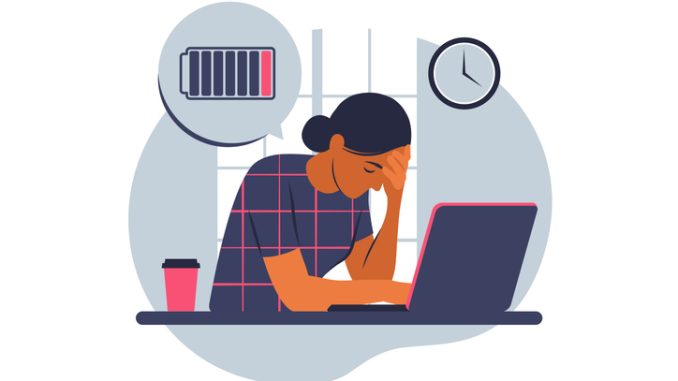
In today’s corporate landscape, the mental health and emotional resilience of employees have become not just a priority but a business imperative. The journey towards a healthier workforce involves strategic collaborations with companies providing bespoke mental health programs
CREDIT: This is an edited version of an article that originally appeared on Forbes
Personalised care preferences
In the quest to fortify their mental health strategies, employers are turning to providers capable of tailoring care plans to meet individual employee preferences. Recent data from our company reveals a notable preference for in-person counselling over video therapy across all generations and industries. The demand for speedy access to quality care remains crucial, and digital mental health modalities like text therapy and virtual group support are gaining traction, not just among younger generations but also with Gen-X and Baby Boomers.
Diverse provider choices
Beyond the varied modalities, it’s imperative that mental health solutions sponsored by employers allow users to choose providers in alignment with their race, ethnicity, language, gender identity, experience, and lifestyle. This personalised approach not only builds a therapeutic alliance but also strengthens the connection between the provider and the participant, enhancing the likelihood of positive outcomes.
Concierge navigation
Despite the commitment of most employers to invest in employee mental health, around 47% of adults with mental health disorders don’t seek treatment. The struggle often lies in the employees’ lack of awareness or uncertainty about the available benefits. For every employee to connect with the right support at the ideal time, mental health providers must offer personalised navigation across a spectrum of mental health, substance use, and life balance needs.
Proactive mental health solutions
While many mental health programs focus on existing issues, proactive or preventative solutions are gaining traction. Addressing sub-clinical or pre-clinical needs is crucial, and stigma-free modalities such as coaching, text therapy, and virtual group support play a pivotal role. The introduction of “emotional fitness studios” further extends the range of support and resources available to all employees, contributing to overall well-being.
Culturally competent care
Recognising the hurdles faced by employees from diverse backgrounds, especially those from marginalised communities, employers are advocating for culturally competent care. This involves a diverse network of practitioners, culturally relevant communication, and personalised navigation to the ideal resource, fostering health equity and building better therapeutic alliances.
Family mental health focus
With an alarming rise in the need for quality care for children and adolescents, family mental health is taking centre stage in workplaces. Recent statistics from Mental Health America indicate concerning levels of major depressive episodes among youth. Workplace mental health providers are stepping up by offering specialised care for young people and supporting parents through personalised guidance and coaching.
The rapid evolution of workforce mental health programs underscores employers’ recognition of the significance of specialisation and personalisation in crafting effective strategies. While these trends aren’t groundbreaking, employers across industries are increasingly laser-focused on selecting partners and programs that genuinely cater to the needs of their most valuable asset – their employees. In this era of heightened awareness, fostering a mentally healthy workforce is not just a trend but a commitment to sustained success and employee well-being.


Be the first to comment